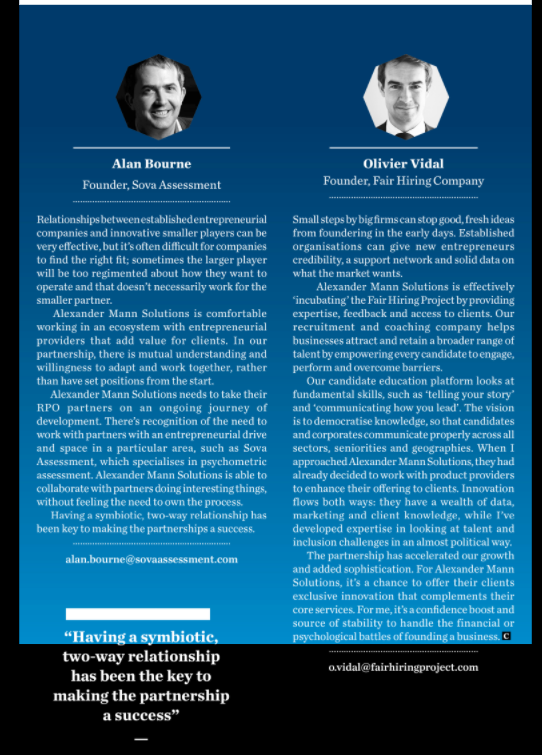The Government recently relaunched their 2013 “Disability Confident” scheme, whereby businesses are able to make the most of the opportunities offered by employing disabled people. There are three stages to the scheme, the first two of which are achieved by issuing statements and conducting self assessments claiming that your business can see the benefit of employing disabled people and by saying that you are doing the right things to keep them. The third stage – being a Disability Confident Leader – means you have to be validated by a fellow “Leader” company. You should be acting as a ‘champion’ in your local and business community and your networks. Disabled people should be seeing you as leading the way to employment equality.
Speaking of equality, some would argue that this initiative – being voluntary – barely even covers what employers are supposed to be legally doing under the Equality Act anyway. But as our MD Olivier Vidal states “The Government “Disability Confident” scheme focusses on reducing bias, reducing discrimination and improving the confidence of businesses to bring in talented people, who happen to be disabled — this is some way behind actually supporting people to overcome their own challenges — but none the less it’s a great step”
At The Fair Hiring Project, we are focussing instead on a different step in the road businesses can take to become fully inclusive. You can be open to hiring people with disabilities – but if these people don’t have the know-how or confidence to let themselves shine in an interview, then the recruitment process is going to fail them before they even gain employment. A business can have as many Disability Confident badges as it can, but until there is more support from the ground up, both the businesses and people with disabilities are going to miss out on the mutually beneficial relationship that comes from inclusive employment.
It’s been proven without a doubt that diverse businesses are more successful than their rivals. They make more money, they have happier employees – they are just better. McKinsey research suggests that businesses that are diverse are 35% more likely to be outperforming their peer companies that are not diverse. The Fair Hiring Project offers candidate training that puts everyone on a level playing field. Disabled people will be given the confidence that their rivals may naturally have developed through significantly better life opportunities and education up to the same point. If everyone you interview has the same confidence coming in, then you will have a naturally diverse candidate pool to choose from.
By offering structured support in recruitment as well as within employment itself, businesses will truly be able to reap the benefits that come from that all-important diverse workforce. As our Jane Hatton from Evenbreak states “structured support should be commonplace amongst employers that take disability and the candidate experience seriously



